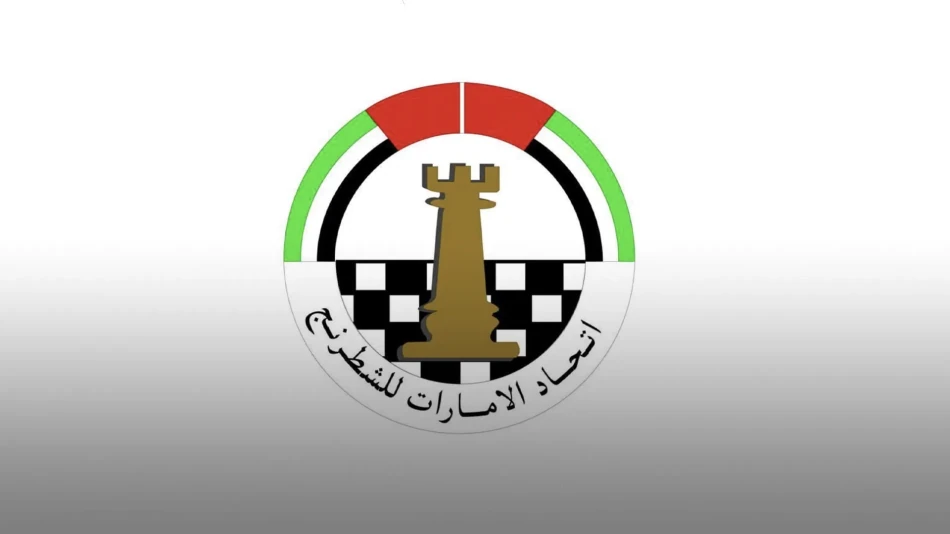
Unveiling the Candidate Lineup for UAE Chess Federation Elections
UAE Chess Federation Prepares for Pivotal Leadership Elections as Sport Gains Strategic Importance
The UAE Chess Federation has unveiled preliminary candidate lists for its upcoming board elections, scheduled for September 21, marking a significant moment for the sport's governance in a nation increasingly positioning itself as a global hub for intellectual and cultural activities. The elections, featuring two competing slates with mandatory female representation, reflect the UAE's broader commitment to structured sports administration and gender inclusion across its sporting landscape.
Two Slates Compete for Chess Federation Control
The Election Committee announced that two complete candidate lists will compete for the federation's leadership during the 2025-2028 term. Each slate includes seven members with required female representation, following reforms approved by the federation's extraordinary general assembly in July.
The first slate is led by Tarim Matar Tarim as presidential candidate, accompanied by Ahmed Ali Shahdad, Mohammed Abdul Rahim Al Mulla, Abdul Karim Hassan Al Marzouqi, Dana Riznis, Basem Samir Amin, and Amna Rashid Al Kindi.
The competing slate features Ismail Ibrahim Khoury for the presidency, joined by Fouad Ibrahim Darwish, Khalid Mohammed Hussein Khoury, Mohammed Abdul Latif Al Hakim, Abdullah Hassan Al Hammadi, Mohammed Waseem Walid, and Shamsa Saif Al Hinai.
Structured Electoral Process Reflects Institutional Maturity
The federation has established a comprehensive timeline that demonstrates sophisticated governance practices increasingly common across UAE sports organizations. Hussein Abdullah bin Rashid, head of the Election Committee, outlined a multi-stage process designed to ensure transparency and due process.
Key Electoral Timeline
Appeals against the preliminary candidate lists will be accepted for three days starting Saturday, with final candidate lists to be announced on September 6—exactly 15 days before the electoral general assembly, as mandated by federation regulations.
Post-election appeals will run from September 22-27, with the Appeals Committee issuing decisions between September 28-30. Final results will be certified and announced on October 1, providing a full week for any final administrative processes.
Chess as Strategic Soft Power in the UAE
This election occurs as chess gains prominence in the UAE's cultural and educational strategy. The country has invested significantly in intellectual sports, viewing them as components of its knowledge economy vision and cultural diplomacy efforts.
The UAE's approach mirrors successful models in countries like Armenia and Russia, where chess development is seen as both educational policy and international prestige. The federation's emphasis on structured governance and gender inclusion aligns with broader UAE initiatives to modernize sports administration while maintaining cultural relevance.
Implications for Regional Chess Development
The leadership change comes at a crucial time for Middle Eastern chess, with the region producing increasingly competitive players and hosting major international tournaments. The new administration will likely focus on youth development programs, international tournament hosting, and integration with the UAE's broader sports tourism strategy.
For the chess community, this election represents more than administrative change—it signals the UAE's commitment to elevating the sport's profile regionally and internationally. The structured electoral process and mandatory gender representation set standards that could influence other regional chess federations seeking to modernize their governance structures.
Most Viewed News

 Sara Khaled
Sara Khaled






